Medical Blog About Treatment Abroad
Welcome to our medical blog – it is dedicated to empowering patients with knowledge about global healthcare! We created this platform with the intention to bridge the gap between patients and the medical innovations available globally.
What's Inside: Discover new and rare methods in oncology, immunology, heart surgery, neurosurgery, and other medical fields! Our health travel insights show how medical journeys open new possibilities with advanced treatments unavailable locally, including specialized cancer care abroad.
Who Benefits: This resource is for patients and their families who seek new treatment methods and explore options at leading international hospitals. Those who want to make informed healthcare decisions beyond borders.
Why Read: Booking Health experts provide verified information through patient-friendly articles – they translate complex medical advances into accessible info. Stay current with the latest developments in global healthcare and discover how international medicine can transform treatment outcomes!
Browse our latest articles and take the first step toward better health outcomes!
Latest posts
 New Effective Treatments for Stage 4 Cancer: Innovations in Oncology
New Effective Treatments for Stage 4 Cancer: Innovations in Oncology
According to official statistics from the WHO in 2022, oncological diseases are now the cause of one in every six deaths worldwide. This has encouraged the international medical community to develop new advanced cancer treatment methods and increase the effectiveness of the already existing ones. This is particularly important for...
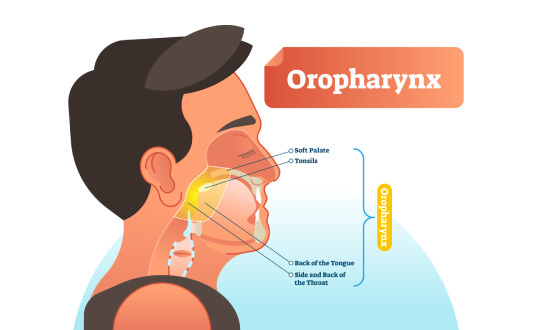 Oropharyngeal Cancer: Complete Guide to Modern and Innovative Treatment Options
Oropharyngeal Cancer: Complete Guide to Modern and Innovative Treatment Options
Oropharyngeal cancer (OPC) is a type of tumor that grows in the tissue of the oropharynx and includes malignancies of the tonsils, base of the tongue, posterior pharyngeal wall, and roof of the mouth. It is a part of a wide group of head and neck cancers (HNC) and shares the same origin from epithelial squamous cell tissue lining.
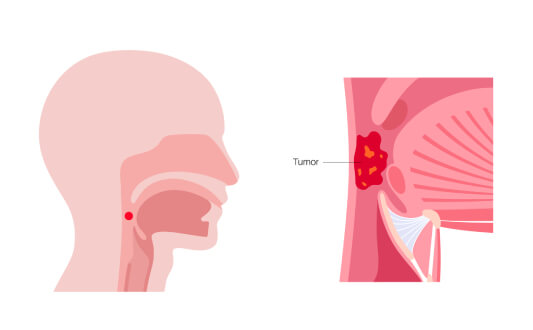 Laryngeal Cancer: Complete Guide to Modern and Innovative Treatment Options
Laryngeal Cancer: Complete Guide to Modern and Innovative Treatment Options
Laryngeal cancer (LC) is a common malignancy of the respiratory tract in the head and neck region. In 2020 there were 184,615 newly diagnosed cases of LC globally. The age-standardized incidence rate was 2.0 per 100,000 people. In the same year, 99,840 deaths were reported (with an age-standardized death rate of 1.0 per 100,000 people).
 Lip Cancer: Complete Guide to Modern and Innovative Treatment Options
Lip Cancer: Complete Guide to Modern and Innovative Treatment Options
Lip cancer is the most common form of oral cancer in the world and belongs to the head and neck cancer group. This carcinoma includes malignant lesions of the epithelium of the red border of the mouth, where under the influence of external factors normal cells can turn into abnormal cells, and later – into cancer cells. Most cancers have...
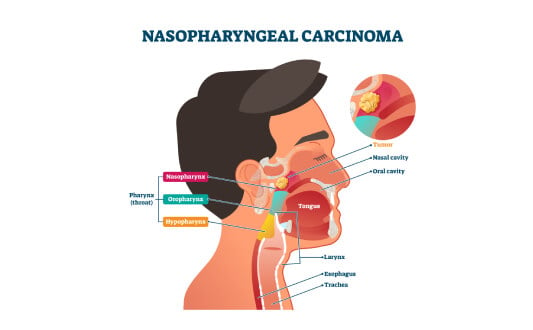 Nasopharyngeal Cancer Treatment Options
Nasopharyngeal Cancer Treatment Options
Nasopharyngeal cancer – is a malignant neoplasm of the head and neck that develops in the anatomical area of the nasopharynx and has clear etiological, histological and clinical features. Unlike other tumors of this localization, the nasopharynx tumor is often associated with Epstein-Barr virus and has characteristic pathways.
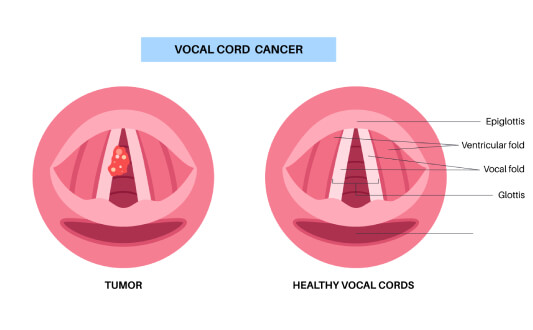 Vocal Cord Cancer: Complete Guide to Modern and Innovative Treatment Options
Vocal Cord Cancer: Complete Guide to Modern and Innovative Treatment Options
Vocal cords cancer (VCC) is a type of laryngeal cancer that starts in the voice box. It is not very common, making approximately 1% of all male and 0.3% of female malignancies worldwide. In the USA, nearly 13,000 cases are diagnosed yearly, with a 5-year relative survival of about 62.1%. Patients who have a history of prior head and...
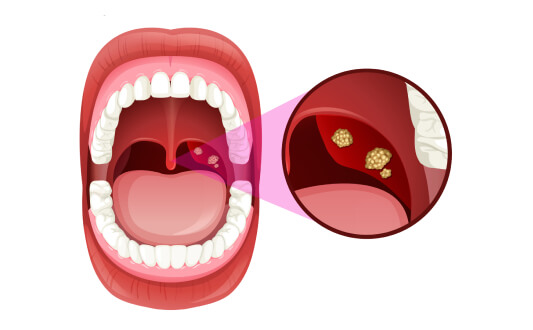 Tonsil Cancer Treatment: Guide to the Most Advanced Therapy Options 2026
Tonsil Cancer Treatment: Guide to the Most Advanced Therapy Options 2026
Tonsil cancer (TC) is a type of malignant tumor that develops from tonsil tissue in the back of your throat and is a part of head and neck cancers. Tonsils are organs of the immune system that help the body fight infection by stopping harmful bacteria from entering the body through the mouth. They are the body’s first line of defence against...
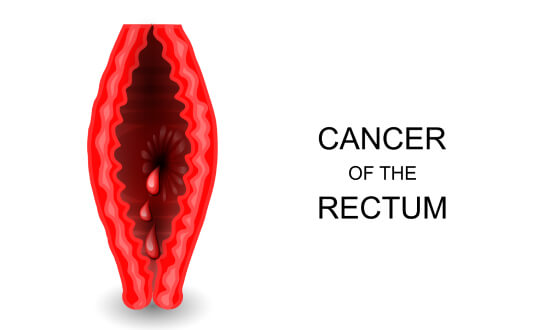 Stage 4 Rectal Cancer Treatment in Germany
Stage 4 Rectal Cancer Treatment in Germany
With more than 1.9 million new cases and 0.9 million deaths in 2020, rectal cancer (RC) was the third most common cancer and the second most common cause of cancer mortality worldwide. Geographical disparities were reported in incidence and mortality rates, time trends, and the future burden of RC across different countries and...

